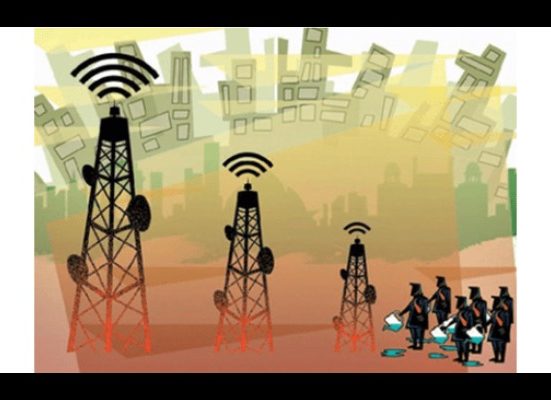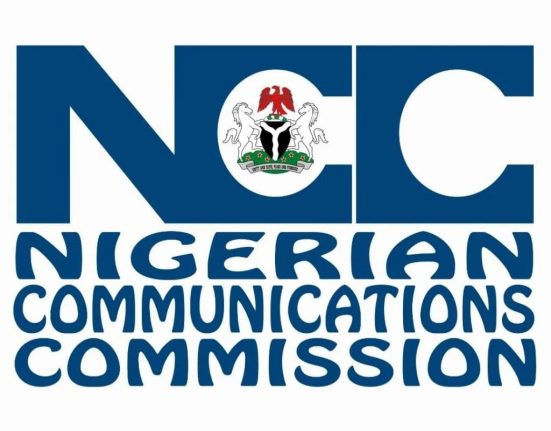As the nation’s telecom landscape continues to surge, the Nigerian Communications Commission (NCC) has announced plans to roll out a comprehensive cybersecurity framework across the industry by 2026—an initiative unveiled by Executive Vice Chairman Dr. Aminu Maida (via Executive Commissioner Abraham Oshadami) at a regulatory meeting in Lagos
Nigeria’s telecommunications sector, which has ballooned from fewer than half a million lines in 2001 to over 172 million active subscribers and nearly 141 million internet users today, now sits at the heart of the nation’s digital economy—but also faces heightened risk from cybercriminals targeting both its infrastructure and consumer data
To counter this vulnerability, the NCC’s upcoming framework is designed to establish a unified, resilient cybersecurity posture across all operators. It will set baseline requirements for incident reporting, risk management, information sharing, and collaboration with regulators. The framework is rooted in existing laws, including the Cybercrime Prevention Act of 2015 and the Nigerian Data Protection Act of 2023, ensuring that telecom operators adopt stronger defences for critical infrastructure
NCC officials emphasise that this isn’t optional: “Cybersecurity is no longer elective—it’s a regulatory mandate,” underscoring the imperative for operators to adapt swiftly
Guided by both national strategies and international best practices, the framework also seeks to cultivate industry-wide capacity to anticipate, detect, respond to, and recover from cyber incidents. It will account for technological shifts such as Open RAN, network virtualisation, and emerging threats driven by artificial intelligence and quantum computing
A recent UN Economic Commission for Africa report cited during the meeting suggests that even a 10 per cent improvement in cybersecurity readiness could yield notable per capita GDP growth across Africa—highlighting how cybersecurity investments can deliver economic dividends
The roadmap ahead includes a detailed baseline assessment of the sector’s current cyber posture, followed by stakeholder consultations and draft reviews. The finalized framework is expected to be rolled out by 2026, offering stakeholders time to align systems and policies accordingly
In summary, by 2026, Nigeria’s telecom industry is set to benefit from a legally anchored, technologically forward-looking cybersecurity framework — a strategic move aimed at safeguarding consumer trust, critical infrastructure, and the sustainability of the nation’s digital economy.







